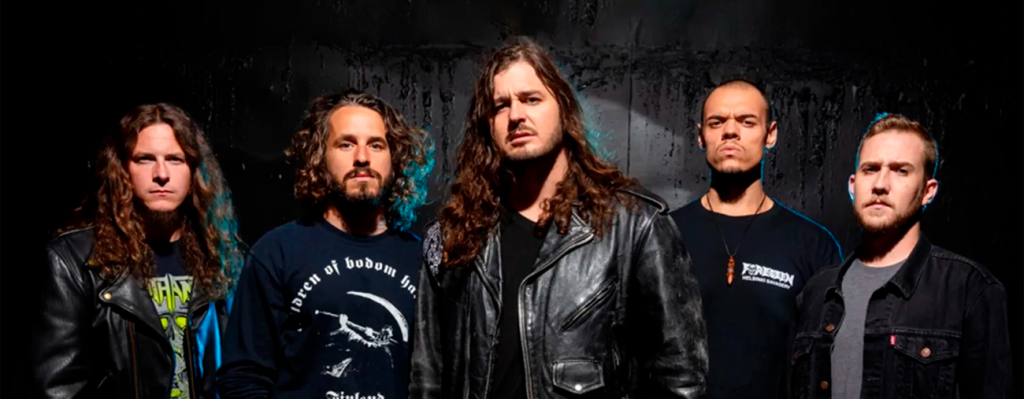
Thrash metal, a genre that surged in the 1980s with bands like Metallica and Slayer, has experienced a notable revival in recent years. At the forefront of this resurgence is Warbringer, a band that has not only embraced the classic thrash sound but also infused it with contemporary intensity. Frontman John Kevill offers a deep dive into the factors fueling this modern thrash renaissance and the band’s evolution over the years.
The Genesis of the Revival
Kevill observes that the late 2000s marked a pivotal period for thrash metal’s resurgence. A new wave of bands emerged, drawing inspiration from the genre’s pioneers while introducing fresh energy and perspectives. This movement wasn’t about replicating the past but rather reimagining it for a new generation. Kevill notes that while many of these young bands were in their late teens or early twenties and their initial records didn’t invent a new genre, they were undeniably metal and brought a fresh perspective to the scene.
Warbringer’s Evolution
Since their formation in 2004, Warbringer has undergone several lineup changes. Despite these shifts, the band’s core identity remains intact. Kevill attributes this consistency to a blend of aggression, energy, and a touch of epicness in their music. He also believes that his distinctive vocal style and the band’s unique riffing, which bridges classic American and European thrash while occasionally venturing into extreme metal territories, play pivotal roles in defining Warbringer’s sound.
Lyrical Depth and Intellectual Engagement
Beyond the aggressive riffs and rapid tempos, Warbringer’s music delves into profound themes. Kevill, who has been pursuing studies to become a history professor, often infuses historical and societal commentary into his lyrics. He believes that metal doesn’t need to be a “Beavis and Butthead” kind of genre but can be incredibly intellectual, addressing topics other music genres might shy away from. For instance, the band’s song “When the Guns Fell Silent” is an 11-minute epic about the end of World War I, reflecting Kevill’s interest in history and its impact on the present.
The Future of Thrash Metal
Looking ahead, Kevill is optimistic about the genre’s trajectory. He emphasizes the importance of creating new classic records and introducing fresh bands to keep the genre alive and evolving. He challenges the notion that only bands from the past can define thrash metal, advocating for recognition of contemporary acts that contribute significantly to the genre’s landscape.
In essence, the thrash metal revival is a testament to the genre’s adaptability and the passion of new artists who honor its roots while pushing its boundaries. Warbringer, under Kevill’s leadership, exemplifies this balance, blending traditional thrash elements with modern themes and technical prowess.





